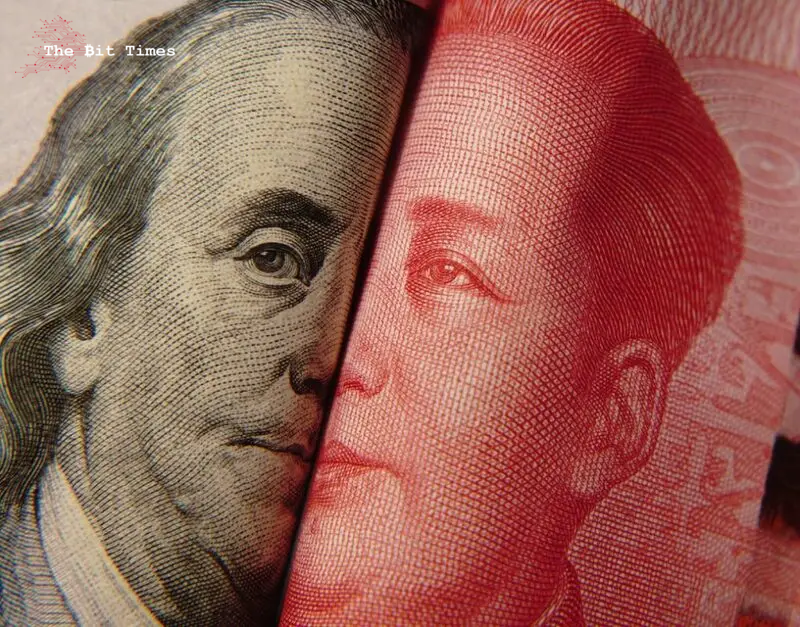BRICS: De-Dollarization Gaining Steam in Developing Countries
When BRICS announced this year that they plan to dethrone the US dollar from the global reserve currency status, nobody took their ideals seriously. The alliance has now walked the talk and slowly changed the global financial dynamics one step at a time. Though the pace of De-dollarization is slow, BRICS are marching on the path of ditching the US dollar and putting their local currencies forward.
Also Read: BRICS: India Unhappy After Russia Begins to Cement Ties With Pakistan
Read here to know how many sectors in the US will be affected if BRICS stops using the dollar for trade. The traditional financial system will be altered leading the way to the new world order dominated by developing countries. The development will put the US dollar under pressure if countries begin to use local currencies for cross-border transactions.
BRICS Slowly Chips Away US Dollar’s Global Dominance

Firstly, China convinced a handful of developing countries to settle trade in the Chinese Yuan and not the US dollar. The Xi Jinping-led administration is on a world tour urging developing nations to strengthen their local currencies and cut ties with the US dollar. China is successful in its quest as Russia, India, Pakistan, Saudi Arabia, and other nations settled trade in local currencies.
Also Read: Gold Price Prediction: Rejection at $2,000 Opens the Door for a Dip
Secondly, African nations are now coming forward giving statements indicating the need to strengthen their native economies. Kenya, Nigeria, and other nations in Africa are on the sidelines and could follow the De-dollarization trend kick-started by BRICS. Read here to know the statements made by African leaders on the idea of ditching the US dollar for trade.
Also Read: Argentina Has No Interest in BRICS, Says President’s Top Aide
Thirdly, and in conclusion, BRICS could slowly chip away at the global dominance of the US dollar. As years pass by, BRICS will sign more trade agreements adding new countries to settle payments in local currencies. While they’re not attacking the US dollar upfront, they are moving in stealth and pulling the carpet under America’s feet.
Comments
Post a Comment